AI in Sports and Entertainment
AI in Sports and Entertainment is reshaping the industry by enhancing performance analysis, creating immersive fan experiences, and personalizing content. From athlete training to smart streaming platforms, AI is driving innovation and engagement worldwide.
Artificial intelligence (AI) is transforming both sports and entertainment, powering everything from advanced player analytics to creative content generation. Today's teams and studios leverage machine learning, computer vision, and robotics to enhance performance, engage fans, and streamline production.
Fans and professionals alike are embracing this shift: a recent IBM study found 85% of sports fans see value in integrating AI into their experience, and even Hollywood has adjusted – in 2025 the Oscars allowed films that incorporate AI tools.
AI's impact spans the field and the screen, enabling new experiences while raising fresh challenges.
Key AI Impact Areas
Sports Analytics & Training
Officiating & Fairness
Media & Fan Engagement
Creative Production
Personalization
Gaming Innovation
AI in Sports
Performance, Training & Health
Teams and trainers use AI-driven analytics to get more out of athletes. Wearable sensors and video tracking feed machine-learning models that identify an athlete's strengths, weaknesses and injury risk.
Smart Sports Medicine
Platforms analyze complex movement datasets to spot subtle biomechanical anomalies that often precede injuries.
- Alerts coaches when stride or workload deviates from norm
- Enables tailored adjustments before minor issues become serious
- Personalizes rehabilitation with adaptive algorithms
- Adjusts training intensity in real time based on recovery markers
Anti-Doping Detection
AI systems help catch cheaters by detecting complex biochemical patterns.
- Compares athlete's detailed metabolic profile over time
- Flags anomalies like synthetic EPO use
- Detects patterns human lab tests might miss
- Protects sport integrity and fair competition
Officiating and Fair Play
Artificial intelligence and machine vision are transforming officiating. Computerized cameras and sensors can make split-second calls with higher accuracy than humans.
Technology is far better than the human eye and commits far fewer errors. Players contesting calls had been wrong about 75% of the time in 2024, while AI was much more accurate.
— Wimbledon 2025 AI Line-Calling Analysis
Traditional Methods
- Subject to human error and bias
- Players wrong 75% when contesting calls
- Delays from instant replay reviews
- Sparks controversy and conspiracy theories
Advanced Technology
- Split-second accuracy with computer vision
- Significantly fewer errors than humans
- Faster decisions, better game flow
- Protects game integrity and fairness
Similar AI/VAR tools are used in soccer, cricket, and other sports to assist referees. By reducing human bias and instant replay delays, AI helps keep games fair and flowing.
Broadcasting and Fan Engagement
On the media side, AI is making sports coverage smarter and more personalized. Broadcasters now use algorithms to produce instant highlight reels and customized clips tailored to each fan's preferences.
AI Commentary
Faster Recaps
Mobile Apps
Enhanced Accessibility
- Machine translation for international broadcasts in multiple languages
- Real-time captioning for hearing-impaired viewers
- AI-generated play-by-play audio descriptions for visually-impaired fans
- Personalized highlights and on-demand analysis
- Interactive AI assistants for game-specific questions
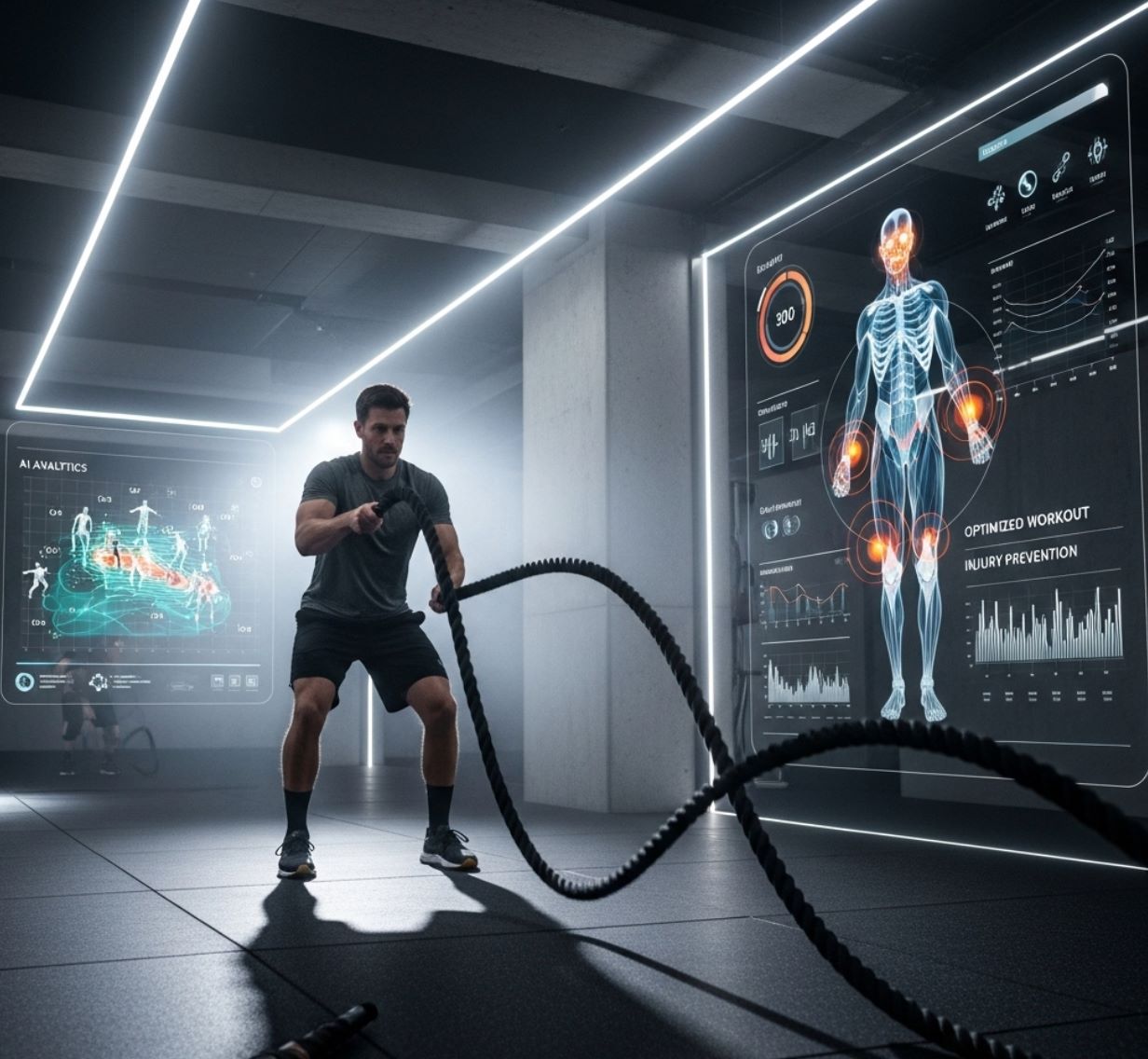
AI in Entertainment
Film and TV Production
In Hollywood and beyond, AI is entering the production pipeline at every stage. Studios use AI-driven tools for storyboarding, editing, and especially visual effects.
Accelerated Workflows
New generative programs can automate routine post-production tasks. AI can isolate objects from live-action ("rotoscoping") in minutes, a job that once took teams of artists weeks.
- VFX shots requiring months now completed in hours
- AI expected to generate 2K-resolution CGI frames by end of 2025
- Dramatically reduced production timelines
- Lower costs for complex visual effects
Actor Recreation & Voice Synthesis
AI is being used to resurrect or simulate actors with their consent:
- Disney's The Mandalorian reproduced a de-aged Luke Skywalker voice using AI speech synthesis
- James Earl Jones's Darth Vader lines in Obi-Wan Kenobi created from archived audio
- CD Projekt Red recreated a late voice actor's performance (with family blessing) in Cyberpunk 2077
Economic Effects
TheWrap reports studios expect to reduce VFX crews by up to 80% once AI automates key tasks.
In 2025, the Academy ruled that films using AI tools are eligible for Oscars, signaling official recognition of AI in filmmaking.
Gaming
The gaming industry is embracing AI for both development and gameplay. Game studios use machine learning to generate assets (textures, models, levels) and to power smarter NPC behavior.
Development Tools
AI accelerates game creation and design processes.
- Generate in-game animations and music on the fly
- Produce textures, models, and levels automatically
- Reduce art production time significantly
- Power smarter NPC behavior and interactions
Gameplay Enhancement
AI transforms player experiences and competitive gaming.
- Adaptive AI customizes difficulty levels
- Creates personalized gaming experiences
- Analytics help coaches train pro eSports players
- Analyzes strategy and reaction time patterns
Big tech is investing heavily: Nvidia's new AI chips target game graphics, and companies like Ubisoft and EA are developing AI tools to speed up design.
Music and Audio
AI's impact on music is already significant. Machine-learning tools can compose original tracks from simple prompts, mix and master songs, and even write lyrics.
Creative Experimentation
Label Innovation
Smart Playlists
Distribution & Accessibility
- AI-powered playlist generators let users type a mood or theme for instant custom playlists
- Automatic subtitles and translations make music videos reach global audiences
- Podcast accessibility improved through AI transcription
- Complex algorithms track listening habits for better recommendations
Audience Personalization
Across entertainment, AI tailors experiences to each person. Netflix, Amazon, YouTube and other platforms use AI to analyze viewing or listening history and suggest content that users are likely to love.
These recommendation engines are now so sophisticated that many viewers spend less time browsing and more time streaming.
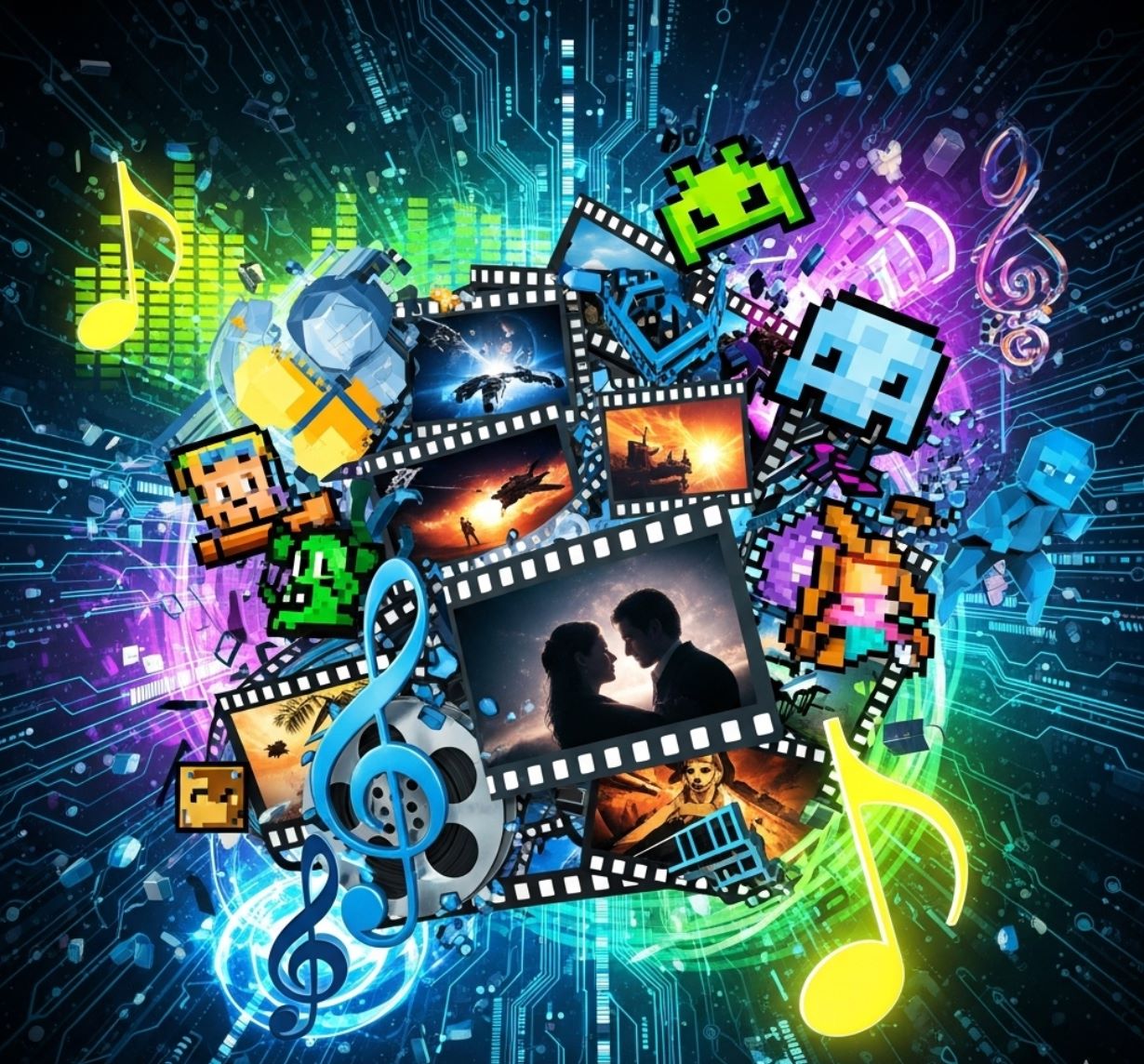
Challenges and Outlook
While AI promises richer sports and entertainment experiences, it also raises serious issues that the industry must address responsibly.
Labor Disruption
Rights & Consent
Privacy Concerns
Regulation Needs
Human artistry must stay at the center even as tools evolve. AI should augment human creativity, not replace it.
— Veteran Filmmakers' Consensus
Future Innovations
Immersive Experiences
Virtual reality events and interactive narratives that adapt to viewer choices in real time.
Smarter Broadcasts
AI-powered commentary, instant analysis, and personalized viewing angles for every fan.
Responsible Integration
Balancing AI's power with fairness, consent, and preservation of human creativity.
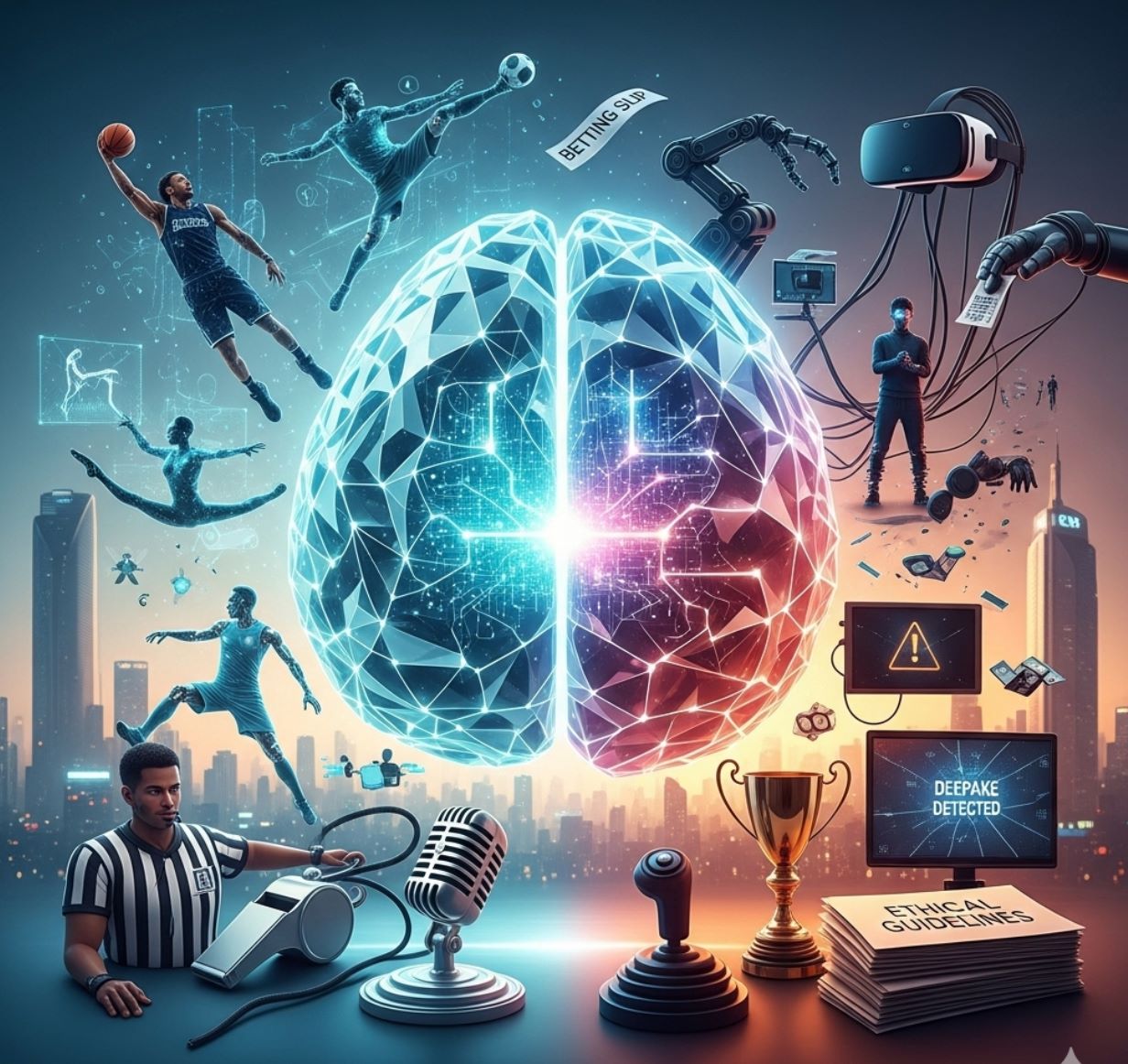



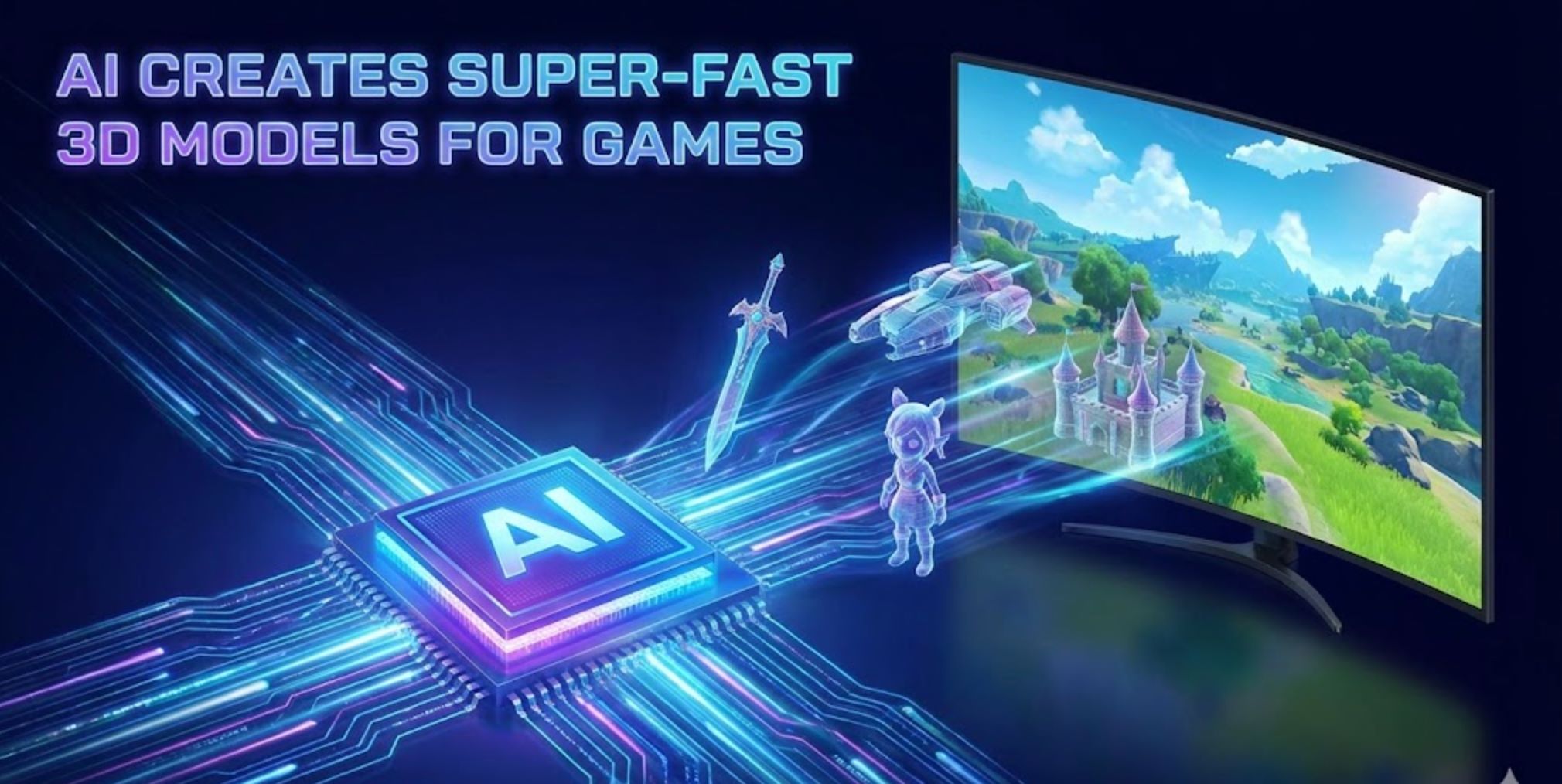
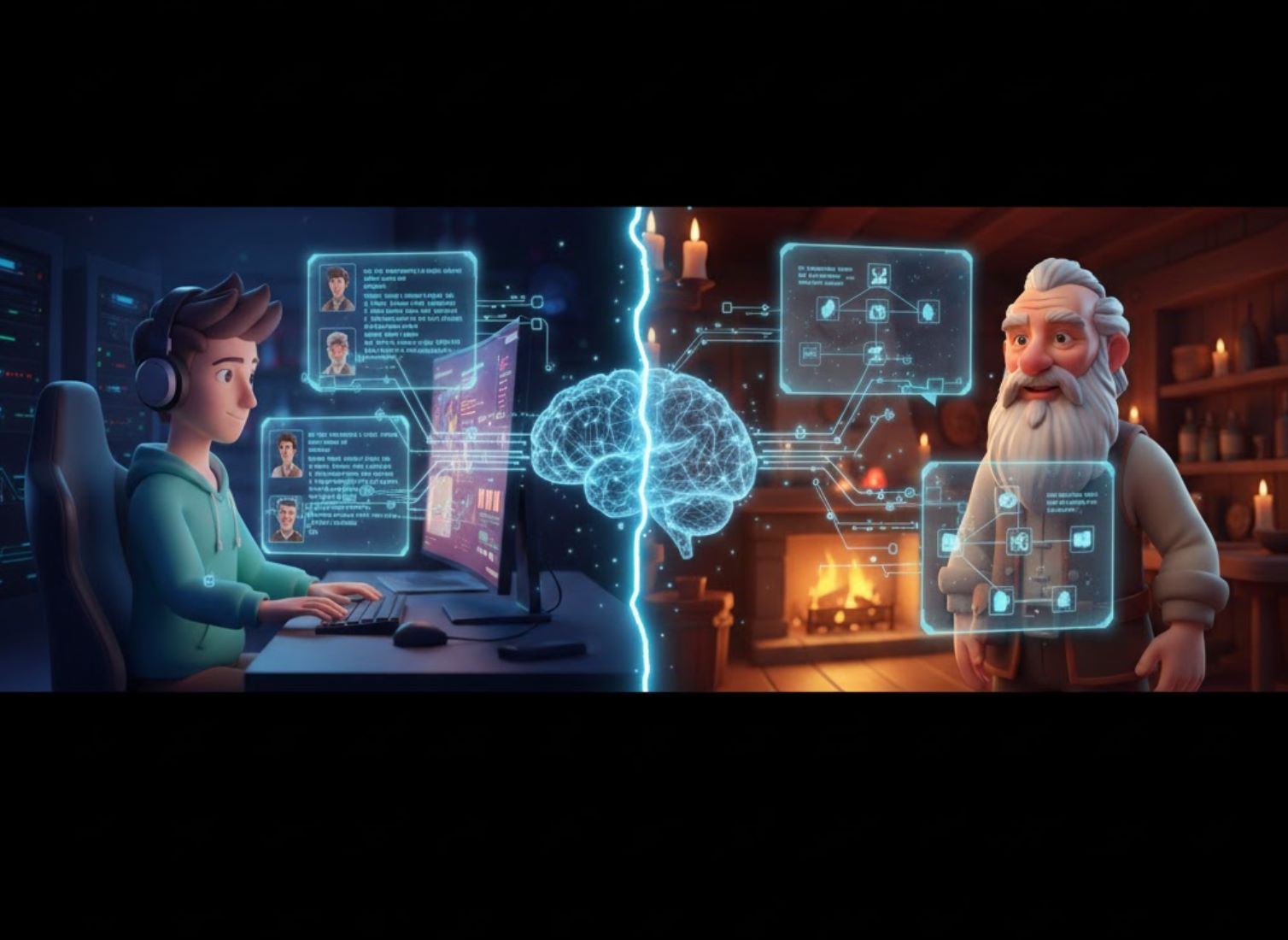
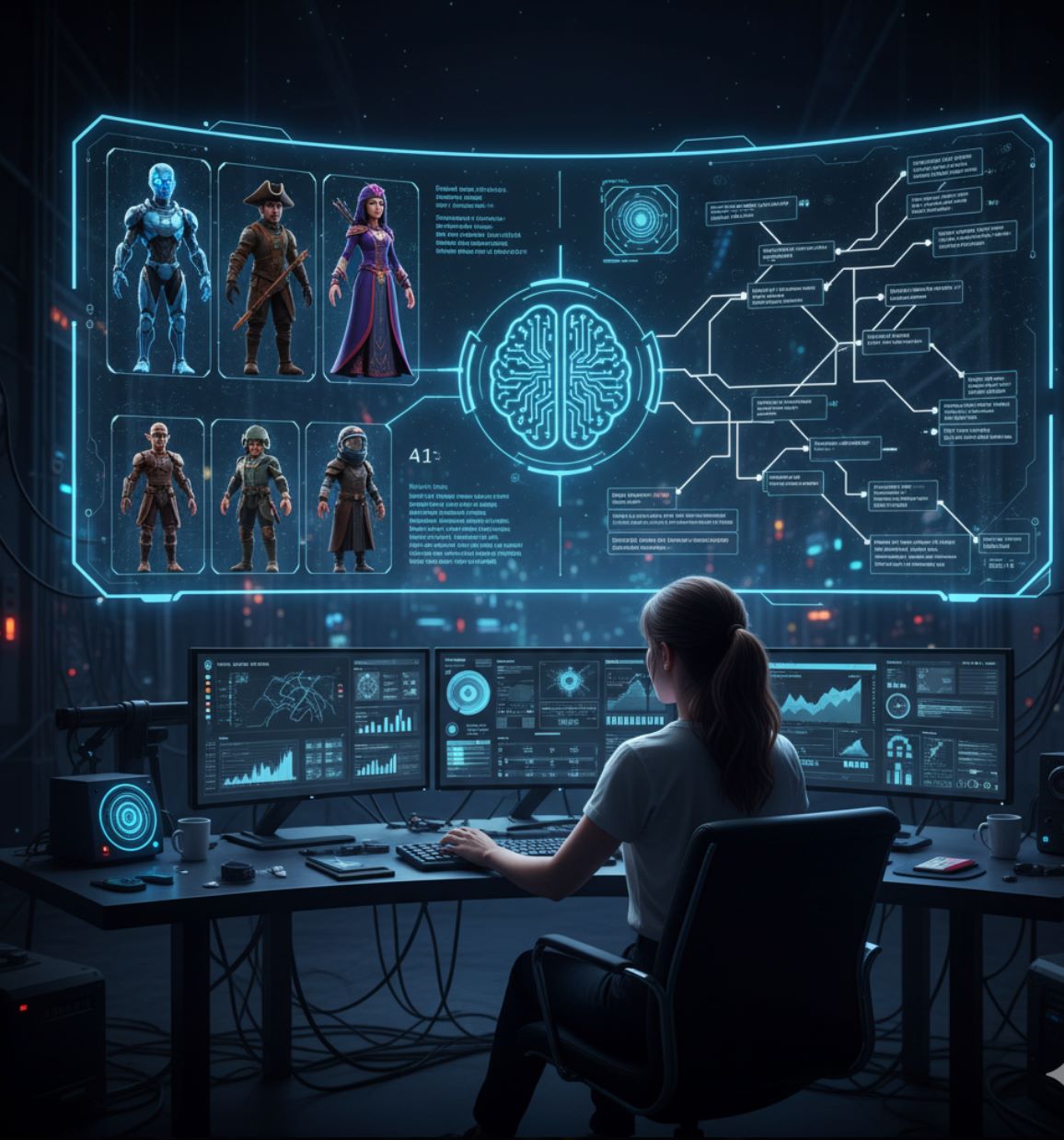
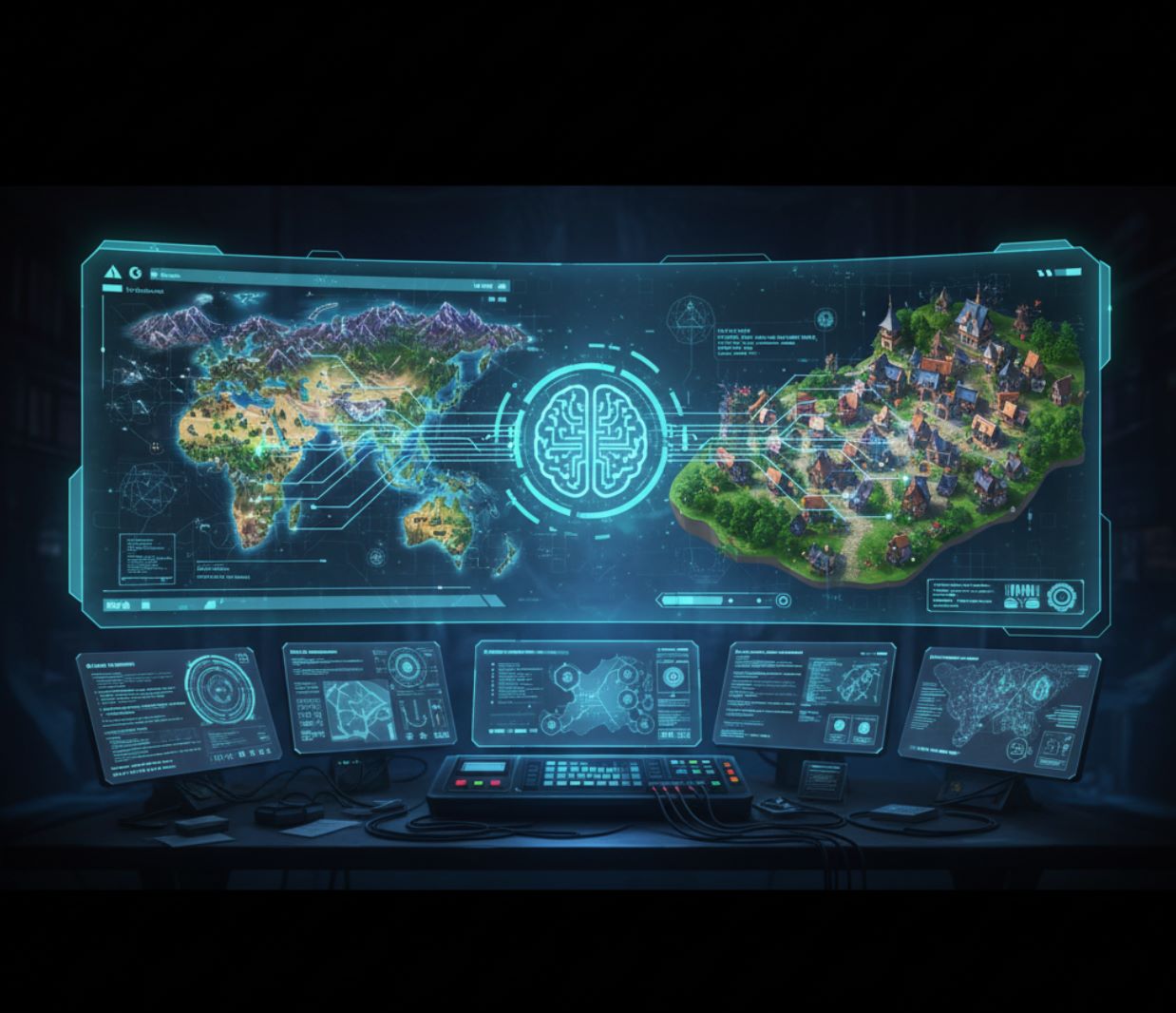
No comments yet. Be the first to comment!